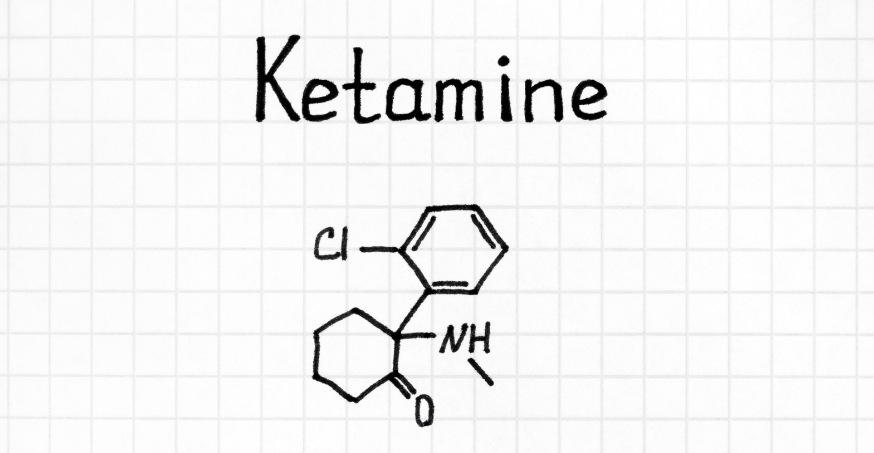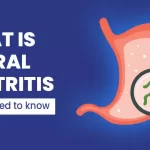Despite recent advancements, myths and misconceptions obscure the truth about one promising method for treating depression – ketamine. Particularly, the approach of using ketamine for depression in Maryland and other parts of the world has been subjected to scrutiny due to its unconventional nature and misunderstood past.

Content
Myth #1: One Treatment is Sufficient for Long-Term Remission
While ketamine can provide quick relief from depressive symptoms, long-term remission usually involves a series of treatments. Knowing the number of ketamine infusions required and why most clinics recommend a set of six helps navigate the process better. A sustained approach is often most effective in treating depression.
Myth #2: Ketamine Treatment Invokes Severe Side Effects
Like any medication, ketamine does have potential side effects. That said, recent proven treatment methods, such as low-dose infusions, significantly reduce the incidence of these side effects. Patients typically experience disorientation or a feeling of being ‘out of body’ during treatment. These effects are short-lived and dissipate once the treatment concludes.
Myth #3: Ketamine is Merely a Recreational Drug
Ketamine has a notorious reputation for its misuse as a party drug. However, when administered under supervised medical conditions and in controlled doses, it proves effective against depression. Various studies have illustrated that ketamine can rapidly alleviate depressive symptoms, even in cases of treatment-resistant depression. Try not to let its misuse obscure its potential as an effective treatment option. Understanding what to expect from Ketamine treatment for depression can also clear many doubts, leading you to make a well-informed decision.
Myth #4: Ketamine Treatment is Only for Severe or Suicidal Patients
Ketamine emerged as a potential lifesaver for patients with critical depression or suicidal ideation due to its rapid action. But it’s a misconception that it’s only for such patients. Ketamine can also assist those who have moderate depression or are not responding well to other treatment options. Every patient is unique, and so is their response to treatment.
In Conclusion
The journey of exploring ketamine for depression involves shedding common misconceptions and focusing on the science-backed beneficial implications. Awareness about the treatment process, knowing what to expect, and understanding the importance of a sustained, individualized approach can make a substantial difference.
Depression is a battle, but the right tools, such as ketamine treatment, can turn the tide in your favor. So, don’t let myths and misconceptions block your path to recovery. Advance, armed with knowledge, and reclaim your happiness.

Helen Bradley is a health blogger and the founder of her own blog about fitness. She has been blogging for three years now and loves to share what she learns with others. Helen enjoys reading, cooking, and staying active outdoors.











